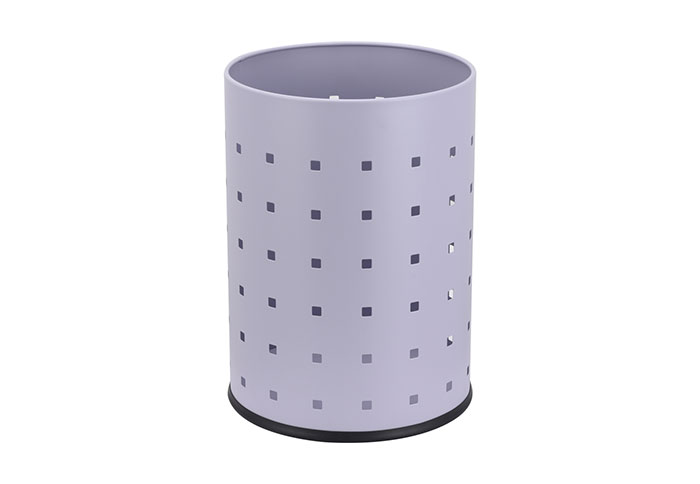The environmental impact of plastic waste baskets
The Environmental Impact of Plastic Waste Baskets
Plastic waste baskets are a common sight in homes, offices, and commercial establishments. While they provide a convenient means of collecting and disposing of waste, they also have significant environmental impacts that are often overlooked. In this article, we will explore the environmental impact of plastic waste baskets and the need for sustainable alternatives.
Plastic waste baskets are often non-biodegradable, meaning they do not decompose naturally in the environment. This means that when they are discarded, they accumulate in landfills, where they can remain for centuries. Plastic waste baskets can also be blown or washed into waterways, where they can harm aquatic life and contribute to the growing problem of plastic pollution in our oceans.

The production of plastic waste baskets also has environmental costs. Plastic is derived from fossil fuels and requires significant energy to produce. The manufacturing process can also release harmful emissions into the air, contributing to air pollution.
Furthermore, plastic waste baskets are often made from low-quality materials that are not designed to withstand regular use and abuse. As a result, they can become cracked or broken, making it difficult to clean them effectively. This can lead to the buildup of odors and the attraction of pests like flies or rodents.
To address these environmental impacts, there is a growing movement towards the use of sustainable alternatives to plastic waste baskets. Materials like bamboo, recycled plastic, and biodegradable options are becoming more popular as they offer a greener alternative to traditional plastic baskets.
Bamboo waste baskets, for example, are a sustainable alternative to plastic baskets as they are made from a rapidly growing plant that requires no irrigation or fertilization. Bamboo baskets are also biodegradable and can be composted after use.
Recycled plastic baskets are also a great option as they are made from post-consumer waste that would otherwise be discarded or sent to landfills. By using recycled materials, we can reduce the demand for new raw materials and cut down on the environmental impact of production.
Biodegradable waste baskets are another sustainable option that offers a solution to the problem of long-lasting durability. These baskets are made from materials that can break down naturally in the environment, reducing the long-term impact on the environment.
In conclusion, the environmental impact of plastic waste baskets is significant, and it's important to recognize the need for sustainable alternatives. Materials like bamboo, recycled plastic, and biodegradable options offer greener alternatives that are more environmentally friendly and reduce the negative impact on our planet. By making the switch to sustainable waste baskets, we can help reduce the amount of plastic waste accumulating in landfills and waterways and contribute to a more sustainable future for generations to come.
